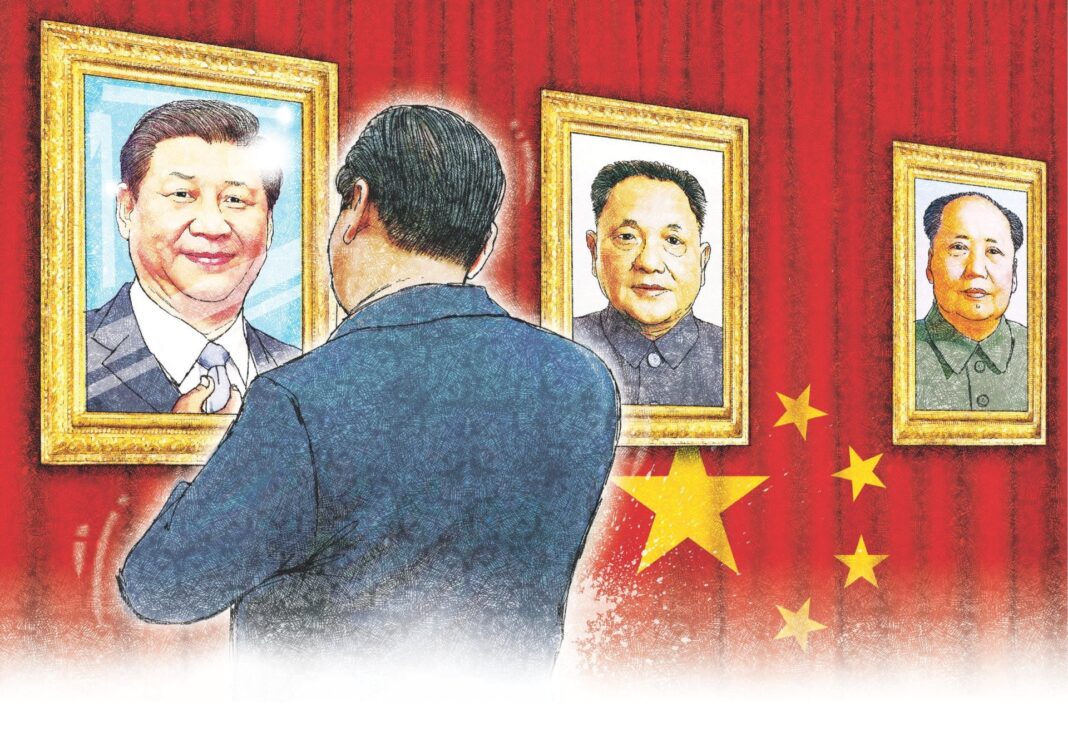Following India’s lead, three additional nations have rejected China’s new map as “baseless.” China recently unveiled a map that encompasses its renowned U-shaped line, extending over approximately 90% of the South China Sea.
This maritime region has long been a source of disputes, making it one of the world’s most fiercely contested waterways.
The decision by these three nations to reject China’s map underscores the international concerns and diplomatic tensions surrounding territorial claims in the South China Sea. The region has been the subject of territorial disputes involving multiple countries, including China, Vietnam, the Philippines, and others.
The characterization of China’s map as “baseless” highlights the differing interpretations of territorial boundaries and the complex geopolitical landscape in the South China Sea. The rejection by multiple nations signals a united front against unilateral assertions of territory that disregard international norms and agreements.
The South China Sea’s significance is not only economic but also strategic, given its role as a crucial trade route and potential resource-rich area. The disputes over this region have far-reaching implications for regional stability and global maritime trade.
China’s release of the new map serves as a reminder of its assertive stance in asserting territorial claims, despite opposition from neighbouring countries and international institutions. The reiteration of these claims through cartography carries diplomatic, legal, and geopolitical implications that extend beyond the immediate region
.In conclusion, the rejection of China’s new map by multiple nations echoes India’s stance and highlights the broader international concerns over territorial disputes in the South China Sea.
The label of “baseless” underscores the complex geopolitical dynamics at play and the need for diplomatic solutions that uphold international norms and stability in this contested waterway.

